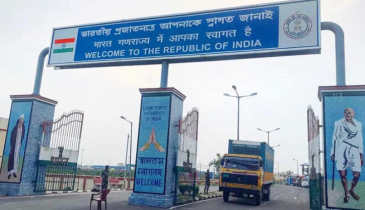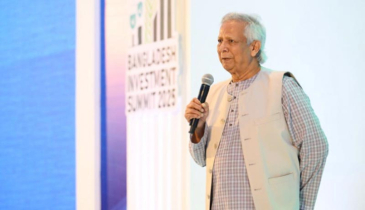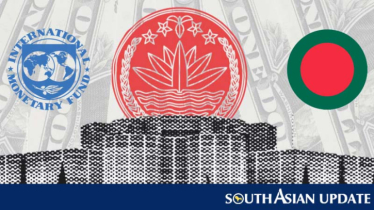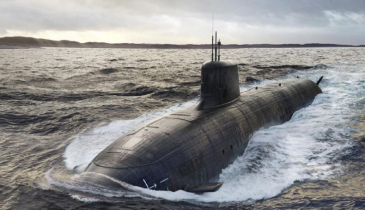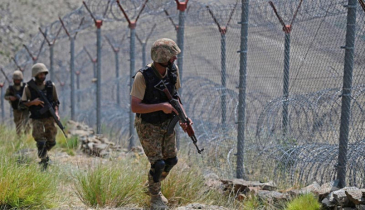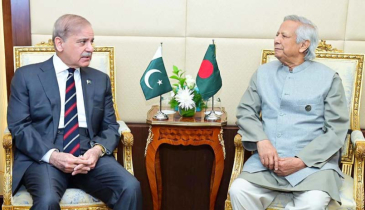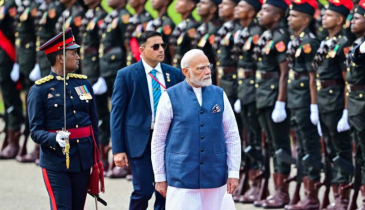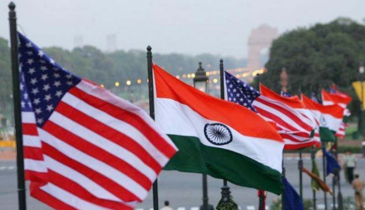Top military leaders gather in India to address Asia-Pacific challenges
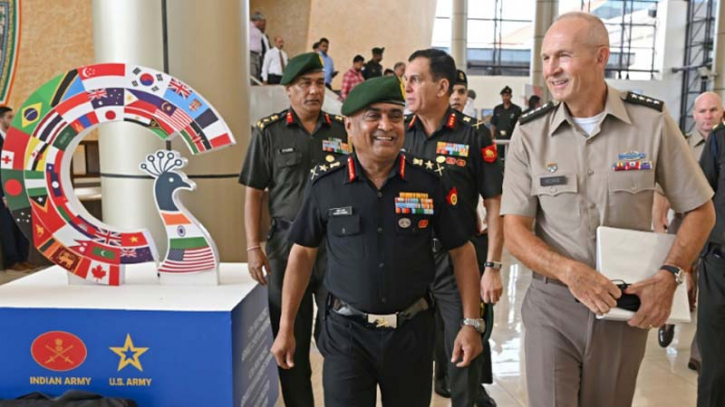
International military officials and commanders from 30 nations, including the United States, convened in India for a crucial meeting aimed at addressing the evolving security landscape in the Asia-Pacific region. The gathering came amid growing concerns about China's increasingly assertive posture.
Randy George, the Chief of Staff of the United States Army, emphasized the critical significance of the Asia-Pacific region. During a press briefing alongside his Indian counterpart, Manoj Pande, George pledged to enhance cooperation among the participating nations to ensure the preservation of a free and open Indo-Pacific.
The meeting included high-ranking military officials from Japan and Australia, both integral members of the "Quad" defense cooperation forum, which also consists of the United States and India. In addition, representatives from the United Kingdom and France were in attendance.
While these military leaders convened in India, China's Foreign Minister, Wang Yi, expressed Beijing's opposition to the "unrestrained expansion of military alliances." This statement was the latest in a series of warnings issued by China as the United States strengthens its security alliances and partnerships in the Asia-Pacific region. China has consistently maintained that any attempts to establish a NATO-like military alliance in the Asia-Pacific would risk provoking conflict.
Among the participating nations at the two-day conference in New Delhi were Vietnam and the Philippines, both of which have enduring territorial disputes with China. These disputes have added complexity to the region's security dynamics.
This conference, which was initiated in 1999, serves as a vital platform for military leaders and high-ranking officers from 30 countries to come together and address the evolving challenges and opportunities in the Asia-Pacific region.
.png)


